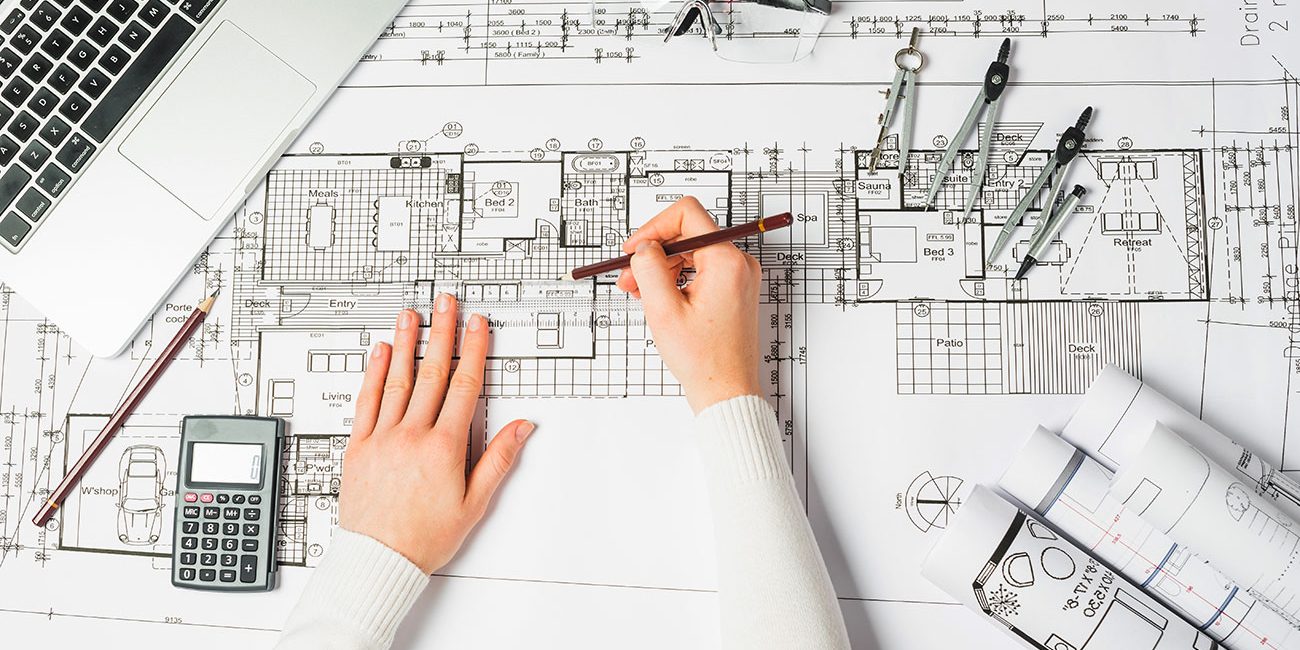 如果您点击这里,此页面将被翻译成中文。
如果您点击这里,此页面将被翻译成中文。
 如果您点击这里,此页面将被翻译成中文。
如果您点击这里,此页面将被翻译成中文。
 如果您点击这里,此页面将被翻译成中文。
如果您点击这里,此页面将被翻译成中文。
 如果您点击这里,此页面将被翻译成中文。
如果您点击这里,此页面将被翻译成中文。
Calculate Sales Costs – Selling a House
When considering selling your home, it’s essential to know its market value. Setting the right price will attract potential buyers and help facilitate a quicker sale, while an incorrect price could leave your property unsold for months or even years. The relationship between the asking price and the true value of the property often plays a key role in determining how long it stays on the market, so it’s crucial to get it right from the start. Let’s take a look at how you can effectively assess the value of your property in Malta.
How to Determine the Value of Your Property in Malta
When considering selling your home, it’s essential to know its market value. Setting the right price will attract potential buyers and help facilitate a quicker sale, while an incorrect price could leave your property unsold for months or even years. The relationship between the asking price and the true value of the property often plays a key role in determining how long it stays on the market, so it’s crucial to get it right from the start. Let’s take a look at how you can effectively assess the value of your property in Malta.
Key Factors Affecting a Property’s Value
When valuing real estate, the main mantra is: “location, size, and condition.” But what happens if you’re uncertain about your home’s location or unsure of its condition? If you’re planning to sell your property in Malta, understanding its value is essential to price it correctly and attract buyers. Below are the primary factors influencing your property’s value:
- Location
The location of your property plays a major role in its value. Homes in sought-after areas with nearby schools, shopping centers, and amenities will generally be more valuable than similar homes in less desirable locations. Even features such as a scenic view can raise your property’s value. - Size and Age
Typically, larger homes will sell for higher prices than smaller ones, and newer properties often command more value than older homes. However, there are exceptions. For instance, a well-maintained older property with modern updates may be more valuable than a newly built home that hasn’t been properly cared for. - Condition of the Property
The overall condition of your home is an important consideration. A property in need of significant repairs or updates will generally be worth less than one that is in move-in condition. Even minor issues like old fixtures, worn carpets, or chipped paint can lower the perceived value of your home to potential buyers. - Current Market Conditions
Market conditions can also impact the price of your property. In a seller’s market, where demand outweighs supply, you may be able to command a higher price. Conversely, in a buyer’s market, you may need to adjust your price to remain competitive. Other factors, such as interest rates, economic conditions, and housing trends, will also affect the value.



How to Value Your Property the Right Way
If you’re considering selling your property, it’s crucial to know how to determine its value in Malta or Gozo. Sellers are eager to sell, and buyers are eager to buy—but how can both sides navigate the property market to secure the right price? Getting the price right is essential. In this guide, we’ll walk you through how property value works and how to price your property or buy at the best value.
How the Property Market Affects Pricing
The value of real estate is determined by the balance between supply and demand. When demand is high and supply is low, prices rise. Conversely, when supply outpaces demand, prices tend to drop. If supply and demand are balanced, prices remain stable. It’s as simple as that!
Understanding Basic Property Price Economics
If you’re a seller in Malta or Gozo, it’s important to understand how property prices are influenced by basic economic principles. Here are three key pointers:
- Supply and Demand Principles Your property’s price is subject to the basic laws of supply and demand. The market’s value isn’t based on personal opinions or the sentimental value of the property. Studies show that sellers often overestimate their property’s value by around 10%. Overpricing can delay the sale or, worse, prevent it altogether.
- Agreeing with Co-Owners If you share ownership with others, such as family members or a spouse, it’s essential to have clear communication and agreement before listing your property. Deciding how you will approach the sale, whether you’ll hire an agent, and how the proceeds will be split are important discussions to have in advance.
- Prepare Your Property for Sale Buyers typically view properties as blank slates they can customize. If you’re living in the home, consider decluttering so potential buyers can better visualize the space. When taking photos, emphasize appealing features like views, spacious areas, and good lighting—these details can significantly influence buyer interest.
For Buyers: Tips to Consider Before Searching for a Home
On the flip side, if you’re a buyer looking for property in Malta or Gozo, here are some steps to follow:
- Establish a Clear Budget One of the first steps is setting a firm budget. If you plan to use a bank loan, get pre-approved so you know exactly how much you can afford. If you’re using personal savings, stick to a set price range and only look at properties within that bracket to make negotiations easier.
- Understand Property Terminology Familiarize yourself with terms like “shell form,” “finished,” and “furnished,” as these will affect the final cost of the property, especially if you’re considering homes that need renovation. An architect’s consultation can help estimate post-sale expenses.
- Consider Your Move-in Date If you’re flexible with your move-in date, you can wait for the right property to come along. This flexibility will also allow you to time your purchase strategically, as properties sold in winter typically have lower prices compared to those sold during the summer peak.
When Is a Property Valuation Required?
A property valuation is essential in various scenarios, ensuring that the property’s value is accurately determined for a specific purpose. Here are some common instances where a property valuation is required:
1. Bank Loans: Property valuations are often required when securing a bank loan, either to determine the value of the property being purchased or as collateral for the loan. The bank needs to assess the property’s worth to ensure it matches the loan amount.
2. Insurance Purposes: When acquiring insurance for a property, a valuation is needed to assess its rebuilding cost. This ensures the property is insured for its true replacement value in the event of damage or destruction.
3. Investment Properties Valuation: For investment purposes, valuations help determine the fair rent or resale value of a property. These assessments also allow investors to evaluate how the property’s value may have appreciated or depreciated over time, assisting in financial reporting and long-term planning.
4. For Development Projects: When evaluating a potential development project, a valuation using the residual method is crucial. This method estimates the property’s forecasted value, factoring in the cost of development, including construction expenses, permits, and a profit margin. This process helps investors make informed decisions regarding the project’s viability.
5. Causa Mortis: In the case of inheritance, a property valuation is required to determine its true market value for the heirs. This valuation is often needed by the Notary to facilitate the transfer of ownership as part of the estate settlement process.
6. Ancillary Services: For legal purposes such as land registry requirements, a detailed survey of the property is conducted. This includes mapping out any servitudes, obligations, and common areas on the Land Registry plans to ensure full legal clarity.
Deriving the Right Market Value
To determine the right market value of a property, it’s important to choose the most suitable valuation method. This decision is based on the purpose of the valuation and involves consulting with the client to understand the property, its constraints, and applicable conditions. The valuation is then supported by calculations and evidence, ensuring that the final value is accurate and well-supported.
The most common valuation methods include:
- Comparative Method: Comparing the property to similar properties that have been recently sold.
- Investment Method: Calculating the value based on expected income or returns from the property.
- Residual Method: Used in development projects to calculate the value based on future development potential.
In some cases, a combination of methods is used to provide a comprehensive valuation. This approach is transparent and thorough, with a price comparison where applicable. Our valuations aim for clarity, ensuring that the final report is easily understandable and unambiguous.
Why Should You Rely on an Architect for Property Valuation?
An architect brings a unique, independent perspective to property valuations, ensuring an objective and accurate assessment of the property’s value. Here are several reasons why you should rely on an architect:
- Comprehensive Evaluation
An architect considers all aspects of the property, including structural integrity, geotechnical issues, planning regulations, legal matters, and ongoing market trends. This holistic approach ensures that all relevant factors are taken into account. - Clear and Transparent Reporting
The valuation report is presented logically and meticulously, with a clear explanation of how the final value was derived. This transparency provides peace of mind, ensuring you understand the process and reasoning behind the property’s valuation. - Confidence in Accuracy
A property’s value that is too high or too low could lead to financial losses or disputes. By relying on an architect for the valuation, you can have confidence in its accuracy, reducing the risk of mispricing and potential disagreements between parties involved.










